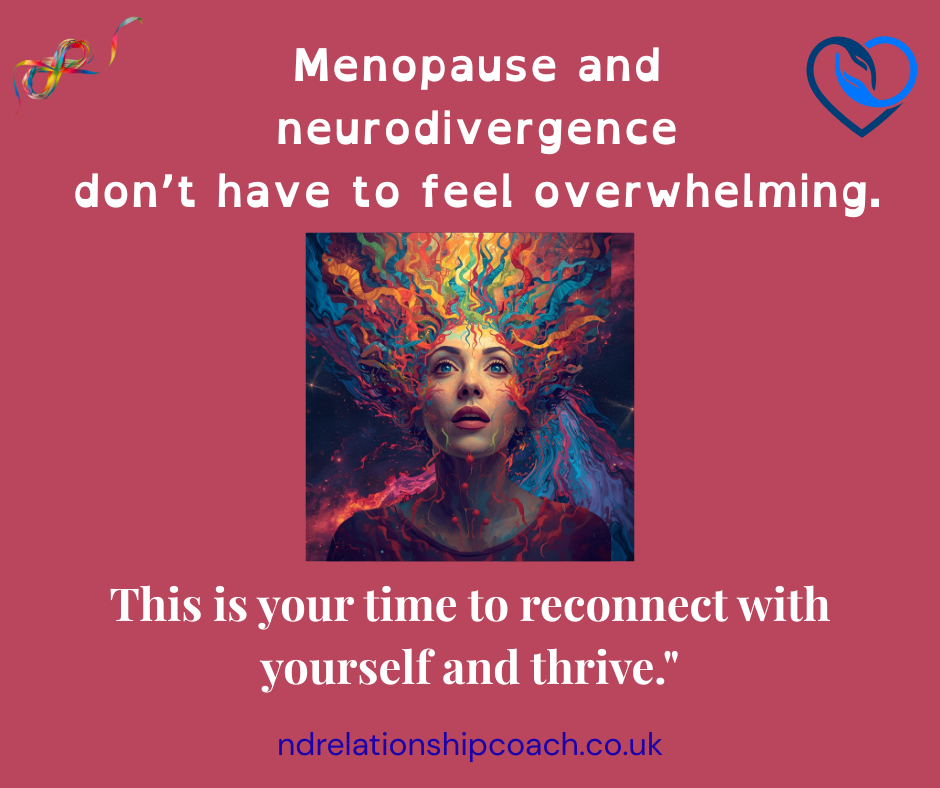
My Honest Perimenopause Journey: Anxiety, Brain Fog, Neurodiversity, and Finding Myself Again
Struggling with perimenopause or a late neurodivergent diagnosis? I share my journey through anxiety, brain fog, amplified neurodivergent (ND) traits, and how support and coaching helped me reclaim myself.
When I first started experiencing the signs of perimenopause, I didn’t even realise that’s what it was. Like many women, I thought menopause was something that happened much later — a far-off hormonal cliff. I didn’t know the journey begins years earlier and can quietly shake your foundations long before your periods actually stop.
Menopause isn’t just a physical change — it’s a whole-person experience. One that touches your body, your mind, your energy, your relationships, your work, and even your sense of identity.
What Is Menopause and Perimenopause?
Menopause marks the end of your menstrual cycles and is officially diagnosed after 12 months without a period, typically between ages 45–55. But the real turbulence often starts during perimenopause, when fluctuating hormone levels can affect every part of life.
How Menopause Impacts Mental and Physical Health
The symptoms can be wide-ranging:
-
Hot flushes and night sweats
-
Sleep disturbances
-
Fatigue
-
Anxiety and low mood
-
Brain fog
-
Joint aches
-
Irregular cycles
-
Weight changes
Beyond the physical symptoms, the mental and emotional effects can feel overwhelming: irritability, low confidence, difficulty focusing, and a sense of losing yourself. Menopause can ripple into relationships, career, social life, and family dynamics.
My Personal Journey Through Perimenopause and Neurodivergence
At first, I thought I was just burning out. I pushed through, assuming it was stress. But eventually, the patterns became undeniable. Sleep became a nightly battle, my mind raced, and anxiety began to show up uninvited.
Being neurodivergent added another layer: my anxiety, procrastination, and tendency to overthink went into overdrive. Tasks that were usually manageable felt impossible, and my usual coping strategies weren’t enough. I felt like my body was failing me, like I was failing, and I didn’t recognise the person staring back in the mirror.
Luckily, HRT helped me find my footing again. It didn’t erase everything overnight, but it gave me a foundation to stabilise on. Even more powerful was realising much of the anxiety and overwhelm wasn’t personal failure — it was hormonal and part of my neurodivergent wiring. That insight brought relief, allowing me to meet myself with compassion instead of self-blame.
For some women, HRT isn’t an option. Many find support through natural or holistic medicine, movement, mindfulness, nutrition, talking therapy, or coaching. The key is finding what works for you.
Late Neurodivergent Diagnosis and Menopause
Many women only receive a neurodivergent (ND) diagnosis later in life — sometimes in midlife. Menopause can amplify ND traits like heightened sensitivity, emotional intensity, difficulty filtering sensory input, or social overwhelm.
For women discovering ND traits later, this can feel intense — but it can also be illuminating. Patterns that once felt “hard to manage” suddenly make sense, providing a framework for self-compassion, understanding, and practical strategies.
Neurodiversity, Relationships, and Reducing Overwhelm
Menopause and ND traits together can show up in relationships, dating, and social interactions:
-
Overthinking conversations or partner dynamics
-
Feeling overwhelmed by social expectations
-
Struggling to communicate needs clearly
You can reduce overwhelm by:
-
Pausing and reflecting before responding to emotional triggers
-
Setting boundaries for your energy and commitments
-
Communicating openly about your needs and changes
-
Using routines or reminders to manage brain fog and fatigue
Approaching ND traits with curiosity and compassion turns menopause from a storm into a recalibration — a chance to align your life, relationships, and energy with who you truly are.
Menopause as a Gateway to Positive Change
While the symptoms can feel challenging, menopause can also be transformative. Many women experience:
-
Greater self-awareness and emotional insight
-
A deeper understanding of personal needs and boundaries
-
Opportunities to let go of relationships, habits, or roles that no longer serve them
-
Increased curiosity about themselves, passions, and purpose
For neurodivergent women, this is an especially powerful time to reconnect with strengths, values, and the unique ways your brain works. It’s a stage where challenges can turn into opportunities for growth, empowerment, and more aligned living.
Moving Forward with Support: Built for Your Brain Program
Menopause — combined with late ND recognition — can feel like a lot to navigate alone. That’s why I created my 12-week “Built for Your Brain” program.
This program is designed to help you:
-
Rebuild your relationship with yourself
-
Navigate relationships with others more effectively
-
Reduce overwhelm in work, dating, and social life
-
Turn menopause and ND traits into an opportunity for growth, curiosity, and empowerment
✨ You’re not broken, and you don’t have to do this alone. Book your free chemistry call to explore if this program could support you:
 Demos
Demos  Colors
Colors  Docs
Docs  Support
Support 













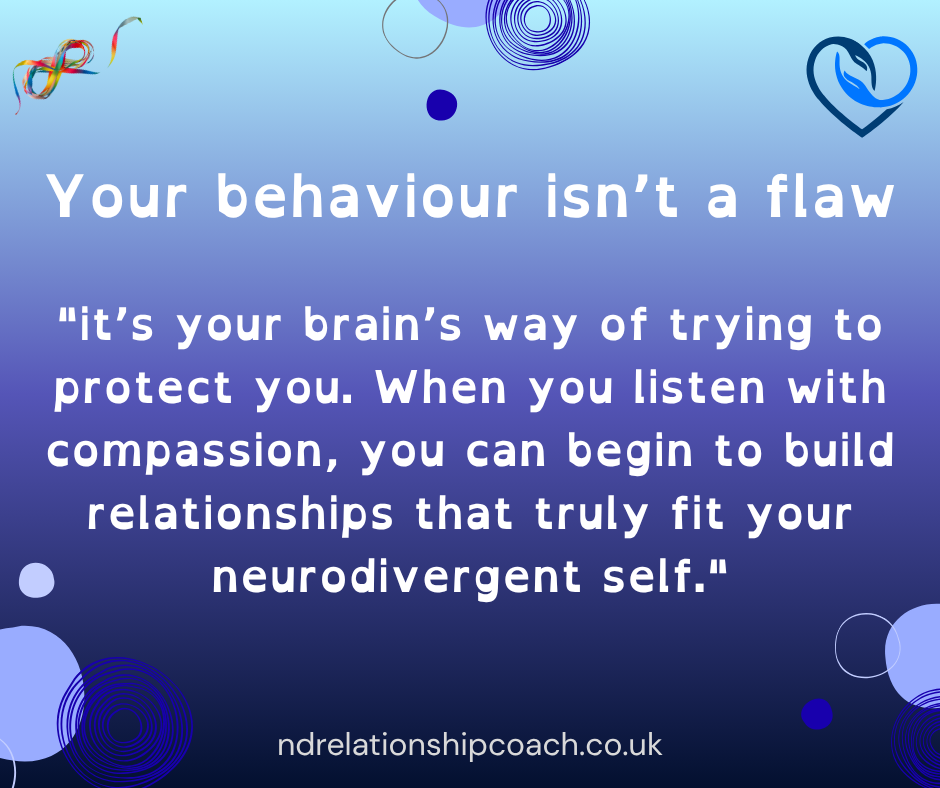
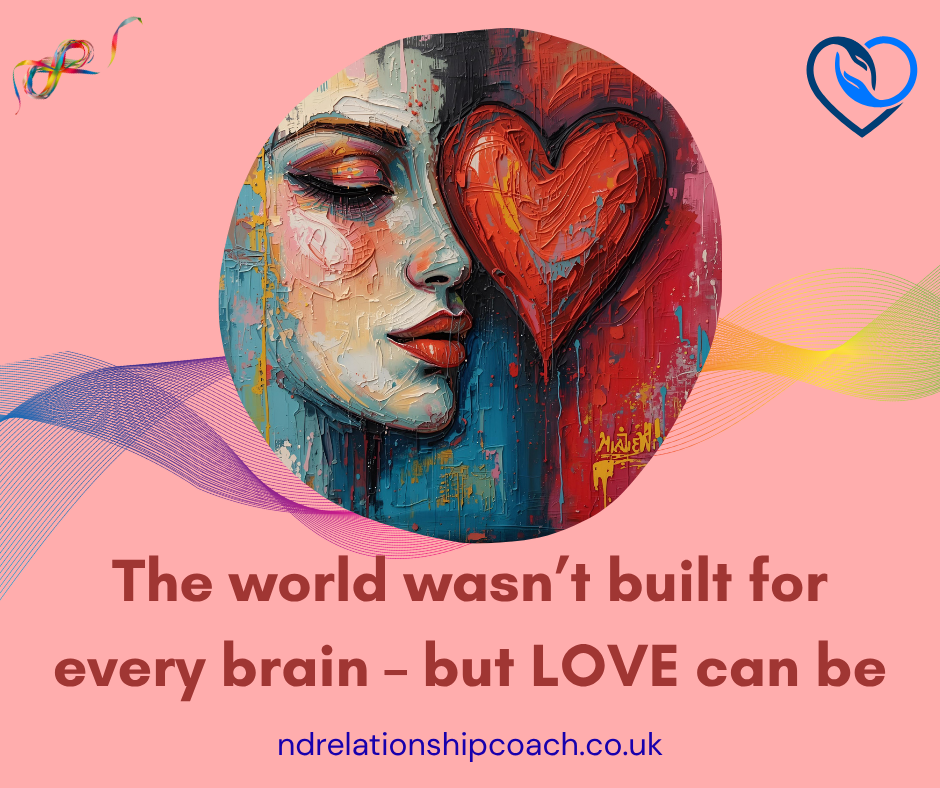
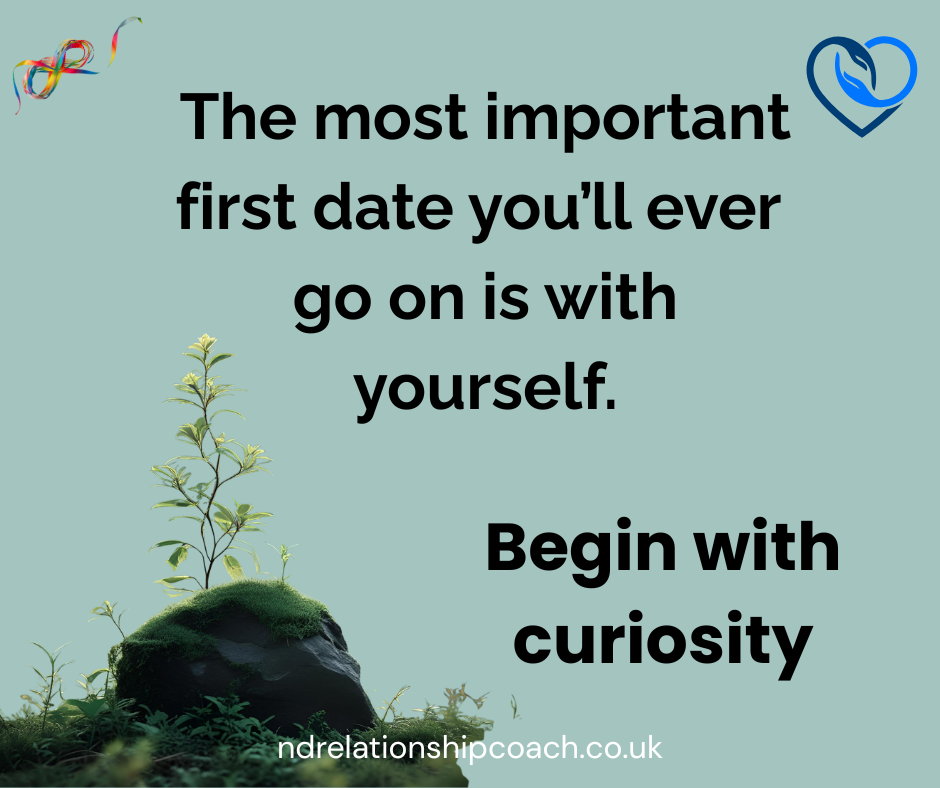


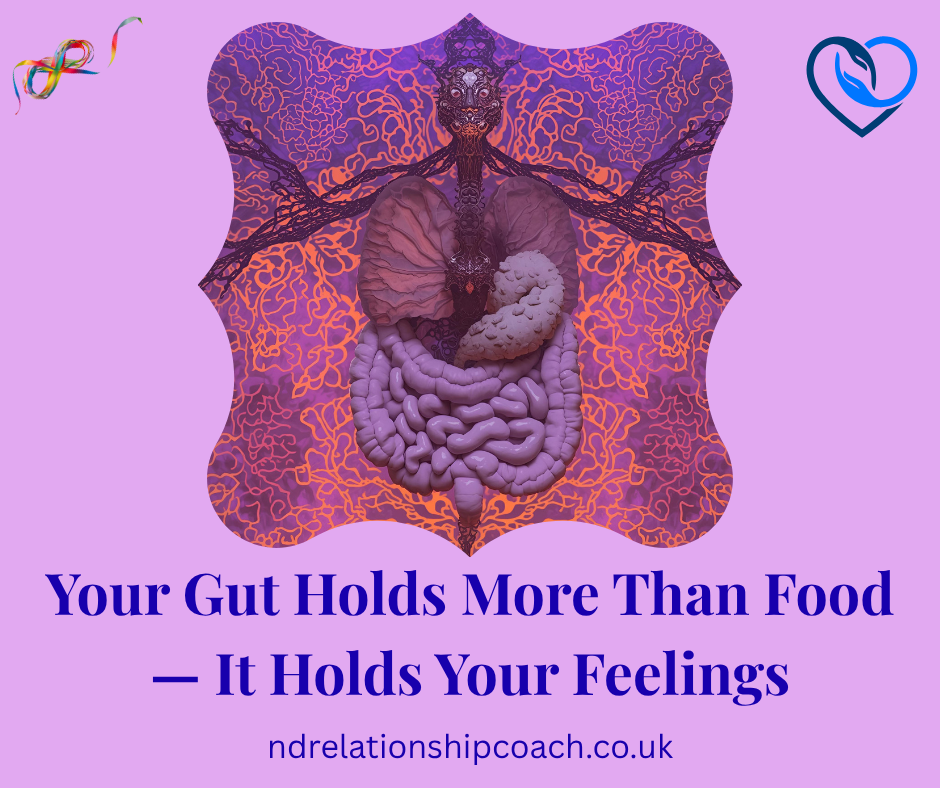
Denise Sandercock
July 31, 2025Our bodies are amazing but, for me, menopause has been like a journey through a maze! I misunderstood myself, blamed myself for not coping well enough and felt like I was on an emotional rollercoaster with no end in sight. It was close friends who gently questioned me and suggested it could be hormonal! I chose to have a consultation with HRT specialist and EUREKA!! Immediately I felt more in control and over time a better version of myself has revealed. It is really tough but with support and more understanding of myself, I’m through it and now more self-assured. Interestingly I’m also more curious about myself too. That’s a huge positive for me!
raysreflective-coaching@admin
August 1, 2025Thank you so much for sharing your experience — it really resonated with me. The emotional rollercoaster and that tendency to blame ourselves for not coping “well enough” is so familiar — and yet so undeserved. I’m so glad you found clarity and support through HRT. And I especially loved how you described becoming more curious about yourself. That kind of curiosity is such a powerful shift — a beautiful reminder that, even in the hardest transitions, there’s space for growth and deeper self-awareness.